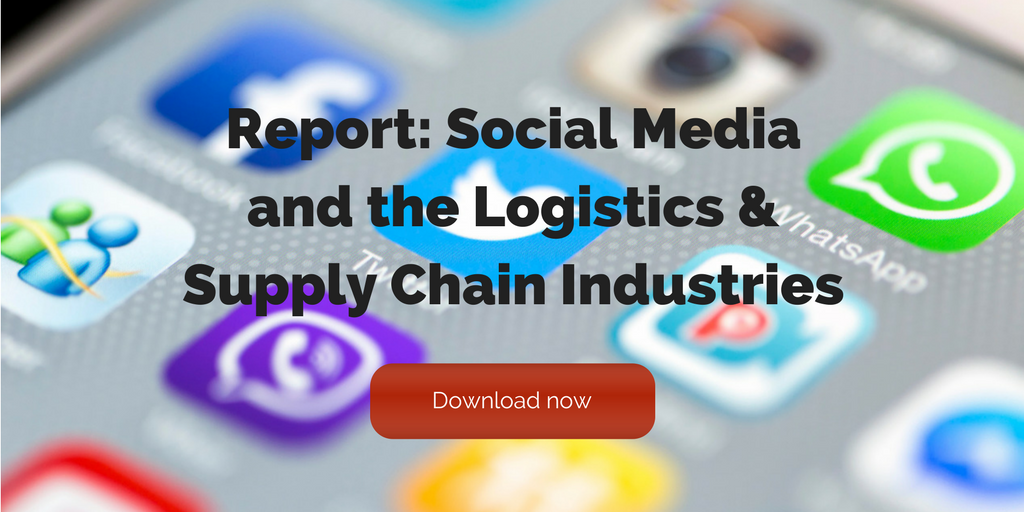New reports show an overall decline in social media use. With dropping numbers, why should businesses continue to use social media use? Here’s seven reasons why your brand still needs social media.
Highlights:
- Social media usage has seen a steady decline in usage over the past two years.
- Having a presence on social media shows that your business is current, approachable, and interested in meeting their customers where they are. In fact, it is often more noticeable when a business does NOT have social media accounts than when they do.
- Success should be determined when a marketing strategy delivers against business goals, where social media is a part of the overall strategy. It is a classic case of the whole being greater than the sum of the parts.
Marketers have been speaking anecdotally about the decline of social media for a solid year, but now we have data to support our instincts. The Infinite Dial 2018 report, which explores consumer usage of media and technology, has found that for the first time ever, both Facebook and Twitter use declined in 2018, from 67% to 62% and 23% to 21%, respectively. Overall, social media usage has decreased from 80% in 2017 to 77% in 2018. To put that in perspective, social media usage has increased an average of 7.77% over the last 9 years. Experts predict that we will likely see continued decline in 2019.
So, given those statistics and predictions, why should businesses continue to use social media? In a saturated market with declining audience interest, what’s the point?
Here are seven reasons why social media is still worth your time and effort
1. It’s expected.
Much like consumers expect any company worth doing business with to have a well-thought out, updated, user-friendly website, they also expect to be able to find them on social media. Having a presence on social media shows that your business is current, approachable, and interested in meeting their customers where they are. In fact, it is often more noticeable when a business does NOT have social media accounts than when they do.
2. It’s a branding tool.
Social media allows consumers who otherwise wouldn’t know about your business to discover it and learn what it’s all about. Consistently publishing to social media results in your brand remaining top of mind when a potential buyer is looking for your product or services.
3. It’s a way to build authority.
Social media isn’t just a way to tell consumers about your brand; it’s a way to show your audience that you know what they care about, what resonates with them, and that you are a trusted source of information.
4. It boosts organic visibility.
The keywords used in social media and the backlinks acquired send signals to search engines that your content is relevant for a certain subject. According to Search Engine Journal, “Google has repeatedly said that social media likes, favorites, shares, backlinks, etc. are not direct ranking signals — but there is a correlation between social media activity/popularity and how/why it is ranked by search engines.”
5. It allows for easy communication.
Whether it’s to network with industry professionals, provide customer service, or influence potential customers, social media provides a free, easily accessible way to do so. And more and more customers are expecting to be able to communicate via social media with brands.
6. It builds your brand’s reputation.
All of the above reasons factor into your brand’s reputation. By delivering resources and information to customers and potential customers, providing great customer service, increasing your visibility, and being authentic and transparent, your brand is building up an online reputation that can impact your company’s future.
7. It provides an avenue for thought leadership and acts as a distribution channel.
You’ve invested plenty of time and resources creating thought-provoking content on your website, but if you don’t share that through social media channels, how many people will find it? Social media provides an avenue for your content to be distributed and, better yet, shared with networks that you wouldn’t have had access to otherwise.
The question remains, how do we measure social media success? What does success look like?
Unfortunately, many brands fall into the trap of trying to associate an increase in sales with their social media efforts. However, more and more, marketers are realizing that this is a flawed view of what social media is all about.
We have stated before that social media should be measured in terms of potential, rather than dollar amount. A recent article on CMS Wireinterviews several professionals who agree: “Alban, the founder of Your Virtual Assistant Service, said the focus of social media should not be on ROI but on growing your following to increase brand awareness, engaging with your customers to create raving fans, and educating your potential customers about the benefits of your product.” The article continues, “Social media may or may not lead to an increase in sales, but it will give you the opportunity to build relationships with your audience and deliver ‘amazing’ customer service.”
Likewise, Ben Ricciardi, CEO of the full service agency Times10, explains , “’There is no easy way to financially quantify what each social media interaction is worth. It’s much more effective to take all the marketing channels you’re budgeting for and compare it against the general lift or decline you see in sales.”
[bctt tweet=”Success, therefore, should be determined when a marketing strategy delivers against business goals, where social media is a part of the overall strategy. ” username=”Fronetics”]
Success, therefore, should be determined when a marketing strategy delivers against business goals, where social media is a part of the overall strategy. It is a classic case of the whole being greater than the sum of the parts. Vanity metrics — such as likes, follows, reach and engagement — are still important to help measure brand awareness and brand loyalty. However, given the overall decline in social media usage, these metrics must be taken with a grain of salt.
Social media is an important component of a complete marketing strategy. Despite recent declines in its use, there are still an estimated 2.77 billion people on social media worldwide. Nowhere else can you as quickly, easily, and cheaply have access to your audience. And most importantly, your audience expects you to be there.
Related posts:


